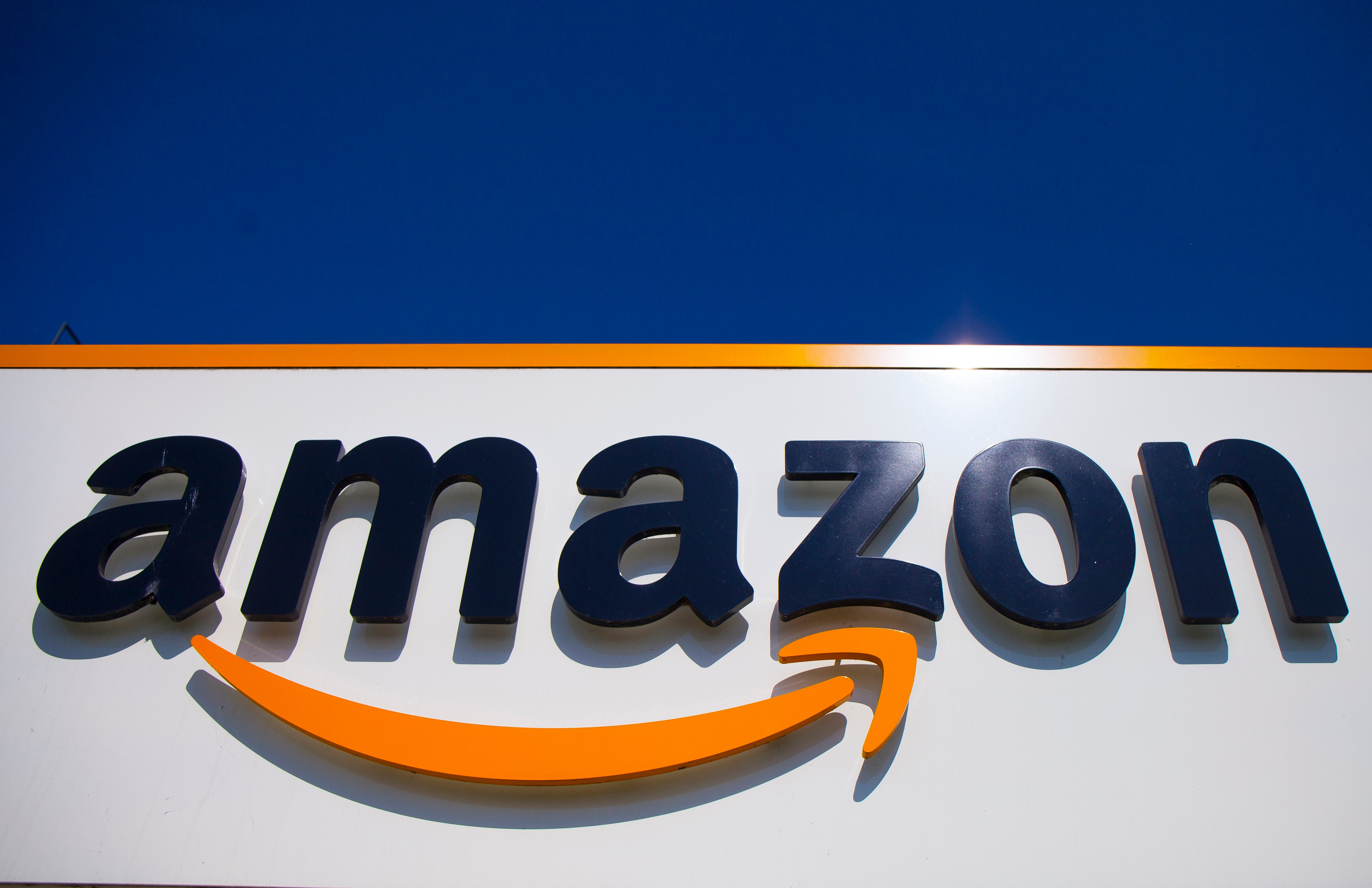The Independent's journalism is supported by our readers. When you purchase through links on our site, we may earn commission.
Amazon extends police ban on facial recognition technology – but does not say why or how long for
Amazon has not said why its ban was extended or how long it would last

Amazon will extend its ban on police use of its face-recognition technology beyond the one-year pause it announced last year.
“We’ve advocated that governments should put in place stronger regulations to govern the ethical use of facial recognition technology, and in recent days, Congress appears ready to take on this challenge,” the company said at the time.
Facial recognition software has often been criticised for its bias against people with darker skin, which could lead to law enforcement investigating innocent citizens - and, in the United States, has been one of the factors in wrongful arrests.
A National Institute of Standards and Technology study tested 189 algorithms from 99 developers and found that black and Asian faces were ten to 100 times more likely to be falsely identified by the algorithms compared to white faces.
As such, Amazon and other technology companies are under pressure from civil rights activists and their own workers to halt the sale of face-recognition systems to law enforcement agencies. Amazon has pushed back against bias claims and touted its technology’s accuracy.
In the US, at least seven states already have enacted restrictions limiting government use of the technology and several other states, cities and regional governments are debating similar proposals. One of the latest to consider a ban is the governing council of King County, Washington, which encompasses Seattle, where Amazon is based.
Amazon first announced it would pause police use of its facial-recognition technology, a move coming at a time of nationwide protests and a renewed focus on racial injustice in the US after the killing of George Floyd, a Black man who died after a white police officer pressed his knee against his neck.
Microsoft and IBM also paused sales of their software to police around the same time last year, though most police departments look to lesser-known firms for face-scanning technology.
The American Civil Liberties Union on Tuesday applauded Amazon for extending its moratorium, but it added that “the Biden administration and legislatures across the country must further protect communities from the dangers of this technology by ending its use by law enforcement entirely, regardless which company is selling it.”
Amazon did not respond to a request for comment from The Independent about why the ban was extended, or how long the ban would last.
Additional reporting by Associated Press
Join our commenting forum
Join thought-provoking conversations, follow other Independent readers and see their replies
0Comments